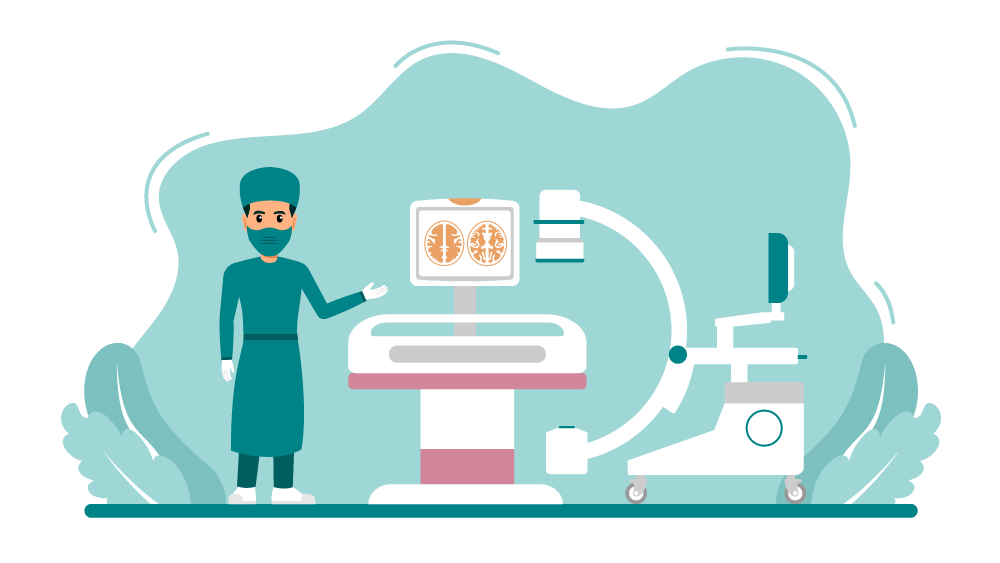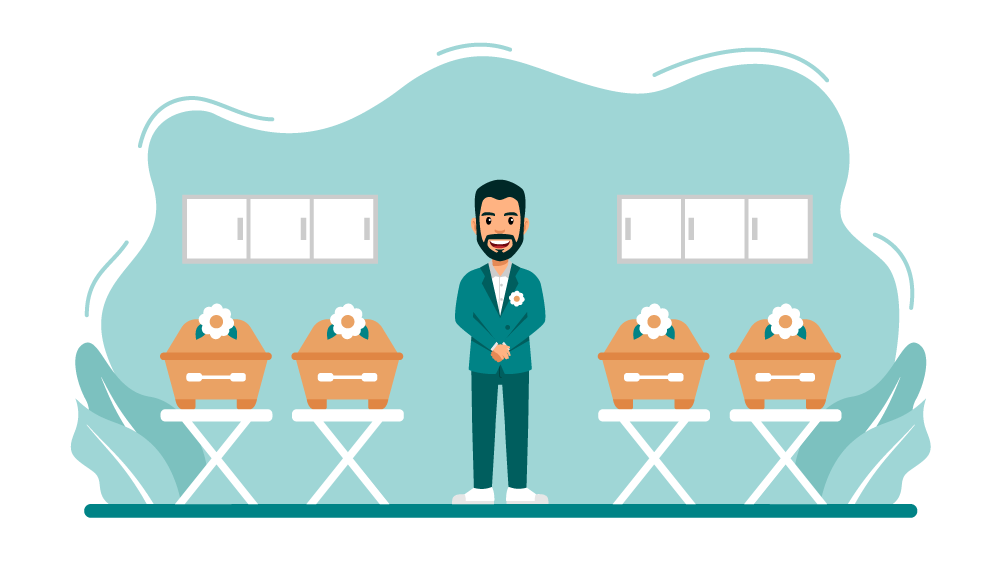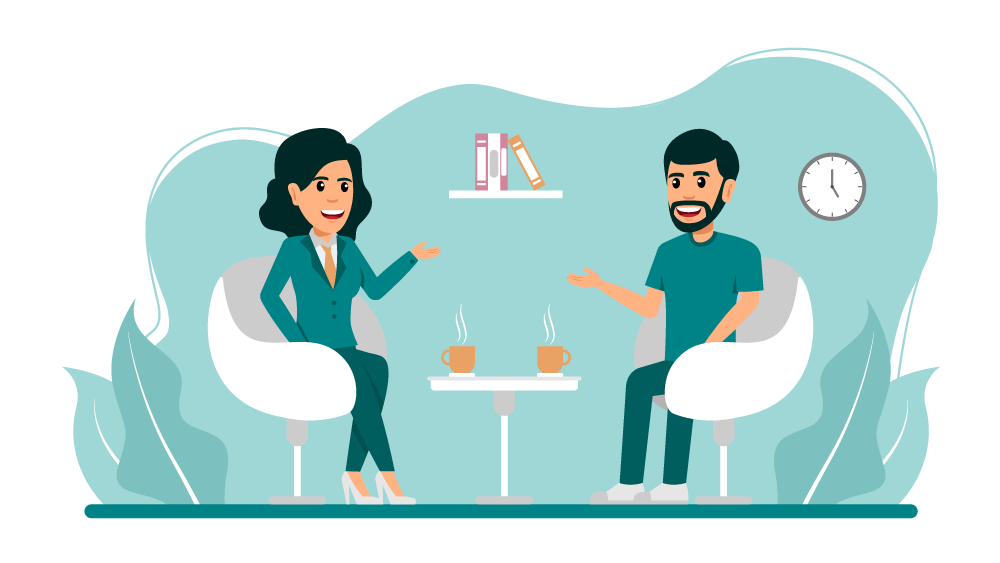An LPC (Licensed Professional Counselor) is a mental health professional. After extensive clinical training, you can become an LPC. This type of counselor also has the ability to accept health insurance. As an LPC, you will work with group and one-on-one counseling.
If you’re considering a career as an LPC, you’ll want to do your research. But, first, make sure this is the type of counseling you want to go into. It requires comprehensive training but also comes with plenty of benefits.

Understanding What an LPC Does
As an LPC, you will be a Licensed Professional Counselor. This is a term given to you by the state and also defined by law. You cannot call yourself an LPC without meeting the correct requirements.
You will be trained to provide psychotherapy and mental health counseling for issues, such as:
- Emotional issues
- Behavior problems
- Mental disorders
- Addictive disorders
You can offer your services to individuals, groups, and organizations. However, as an LPC, it’s necessary to maintain your skills and knowledge, ethically conduct your work, and maintain a professional client-counselor relationship.
Education & Training Requirements to Become an LPC
Before going to college to become an LPC, you have to complete high school or equivalent. This is an important part of the process. It will be required and determine the type of college or university program you enter into.
Scoring high on the SAT or ACT can help. With the right SAT or ACT prep course, you can make sure you score high enough to have your pick of colleges.
Your LPC degree will begin as an undergraduate degree. However, this won’t be enough. You want to make sure you do very well in your courses to gain admittance into a good graduate program. In addition, some graduate programs for licensed professional counselors provide better opportunities once you start looking for a job.
You will need to earn an LPC degree, which will likely be a master’s degree. A master’s degree in psychology is also acceptable in most states. During your time in school, you will need to participate in at least one practicum course. This type, of course, will give you hands-on experience and help you determine the type of field you prefer.
After getting your degree, you will need to complete about 3,000 hours of clinical experience under supervision. The hours you will complete before becoming an LPC will depend on your state. This is usually done as an internship. Some states require 3,000, while others only require 1,000 hours. During this work experience, you will work directly with clients. These hours need to be completed under a board-approved supervisor.
Once you’ve fulfilled the education and work experience requirements, you can take the National Council Examination. Passing this test will ensure you can become an LPC. This test, along with accepting a rigid code of ethics, is necessary. You will also need to pass a test on the state laws and rules for counseling for your state.
After you have become an LPC, you will need to complete continuing education credits each year. This will ensure you can keep your license and stay up-to-date on new laws within the industry.
If you dream of opening your own counseling practice, you will want to gain valuable experience. Working as an LPC for a few years will help you determine if this is the right decision.
Common Exams You Will Need to Take
Each state is a bit different when it comes to licensed professional counselors. You will need to pass an exam, but it may not be the same in your state compared to another. The four common tests recognized by states include:
- ECCP – Examination of Clinical Counselor Practice: This exam is required to become a Certified Clinical Mental Health Counselor. It’s issued by the NBCC (National Board for Certified Counselors), and some states use it to meet licensure requirements.
- NCE – National Counselor Examination: The most common exam for LPCs is the NCE. Many states will use this exam for licensure.
- CRCE – Certified Rehabilitate Counselor Examination: The CRCE is accepted in some states for licensure, and it’s administered by the CRCC (Commission on Rehabilitation Counselor Certification).
- NCMHCE – National Clinical Mental Health Counselor Examination: This is another NBCC exam used by some states for licensure. It focuses a bit more on mental health than the others.
You will need to meet your state’s requirements and pass the right exam to become an LPC.
Becoming an LPC-S (LPC-Supervisor)
After becoming an LPC, you might want to become an LPC-Supervisor. This requires you to hold a current LPC license and have at least three years of post-licensure experience.
You will also need to provide documentation of your supervision training within the past five years. If you want to list any areas of expertise or specialization, you will need to provide documentation for those areas, as well.
After you earn your LPC-S, you will be able to train and mentor counselor interns. This means you get to help the next generation of counselors enter the profession. It will require additional training based on the state you practice in.
Along with training, you will provide moral and clinical support for interns. You will also need to document and report any incidents encountered by your interns, including breaches of confidentiality and patient complaints. In some states, you can be held liable for the actions of your interns as an LPC-S.
Frequently Asked Questions About LPCs
How much can I earn as an LPC?
The salary for an LPC will average $70K per year. The range can go anywhere from about $19,500 up to $140,500. Some LPCs will make more in certain locations, while others are paid better due to experience. It’s common for an LPC to earn at least $50K per year working full-time hours.
What’s required to become an LPC?
Every state is a bit different. However, you will need a graduate degree, the right amount of work experience, and a passing score on the state licensing exam.
What are the different titles for counselors?
While you can certainly become an LPC, it’s not the only type of counselor you can become. Sometimes, the same type of counselor has a different name, depending on the state you work in. The different types of counselors include:
- Licensed Professional Counselor – This title is used across 24 different states.
- Licensed Mental Health Counselor – Seven states use this designation for counselors.
- Licensed Clinical Professional Counselor – Seven states will also use this title.
- Licensed Professional Clinical Counselor – This designation is used in California and five other states.
- Licensed Clinical Mental Health Counselor – This title is used in Rhode Island, Vermont, Utah, and New Hampshire.
While these types of counselors may vary a little bit, they are pretty close in what they can do. The terms Mental Health and Clinical may include specific training in those areas. As an LPC, you will typically be trained more extensively with some training in multiple areas.
How long does it take to become an LPC?
You will need to complete both a bachelor’s and a master’s degree to become an LPC. The education will take at least six years and may take as long as eight years to complete.
Along with the education, you will need to complete 1,000 to 3,000 hours of work experience. This can take three to five years to complete, depending on how much you work.
Is counseling a growing field?
Yes. Counseling is one of the fastest-growing fields and is projected to keep growing. For example, substance abuse, mental health, and behavior disorder counselors are expected to grow by about 25% over the next ten years.
Can I use additional graduate coursework towards my supervised experience?
Yes, if you complete additional graduate coursework, it can be counted towards your supervised experience hours. Thus, for every 30 hours of graduate course work, after the 60-hour master’s degree program, you earn 500 hours of indirect client contact hours. This is limited to 1,000 hours, however.
All additional coursework has to be approved and will need to be reviewed with your LPC application.
Will I need to renew my LPC license?
Yes, most states require you to renew your license every two years. This will require the necessary continuing education courses, along with a renewal fee.
If you want to become a counselor and help people, becoming an LPC is a great choice. This type of career field requires quite a bit of education and training. However, it’s also a high-paying option, a growing field, and a career with advancement opportunities.
Becoming a counselor might be something you’ve known you want to do for many years. With the right undergraduate and graduate degree programs, you can enter this career and enjoy the work you do.




